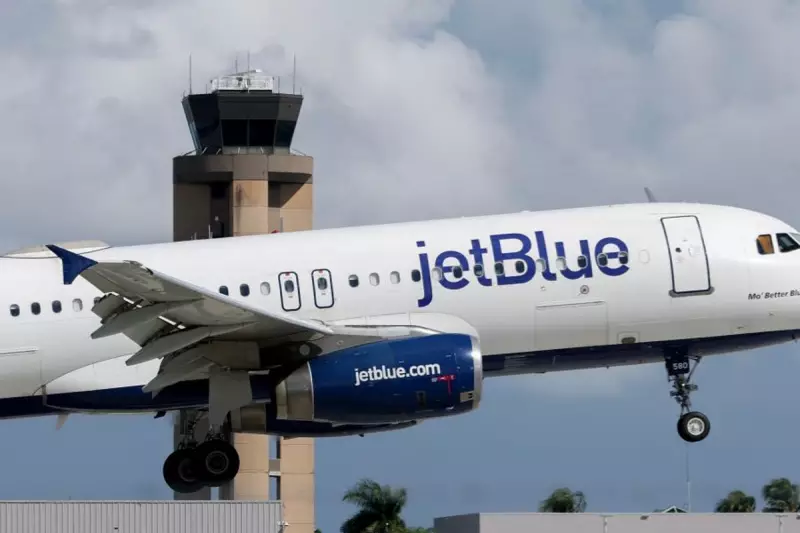
America's aviation system is facing mounting pressure as thousands of air traffic controllers continue to guide planes across US airspace without receiving their salaries. The ongoing government shutdown has left these critical safety professionals working unpaid, creating what experts warn could become a perfect storm for travel disruption.
The Human Cost of Political Deadlock
While politicians in Washington debate funding bills, approximately 13,000 air traffic controllers and 50,000 other aviation security and safety personnel are showing up for work despite having their paychecks suspended. Many are dipping into savings or seeking secondary employment to cover household expenses as the political impasse continues.
"These professionals are performing one of the most stressful jobs imaginable while worrying about how they'll pay their mortgages or feed their families," said an aviation industry insider who wished to remain anonymous.
Safety Concerns Mount for International Travellers
The situation has raised serious questions about aviation safety standards as experienced controllers consider leaving for better-paid positions in the private sector. With training programmes for new controllers also suspended during the shutdown, the system faces a potential brain drain that could affect operations for months to come.
For British travellers planning trips to the United States, the disruption could mean:
- Increased flight delays and cancellations
- Longer security queues at major airports
- Potential last-minute route changes
- Reduced contingency for severe weather events
Domino Effect on Global Aviation
The United States handles approximately 45,000 flights daily, representing a significant portion of global air traffic. Any degradation in the efficiency or safety of the US air traffic control system would inevitably create ripple effects across international aviation networks.
Major carriers including British Airways and Virgin Atlantic are monitoring the situation closely, with some considering contingency plans should the shutdown extend beyond current projections.
Industry experts warn that the longer the shutdown continues, the greater the risk of significant travel disruption becoming reality. With no clear resolution in sight, travellers are advised to build extra time into their itineraries and stay informed about potential changes to their travel plans.





